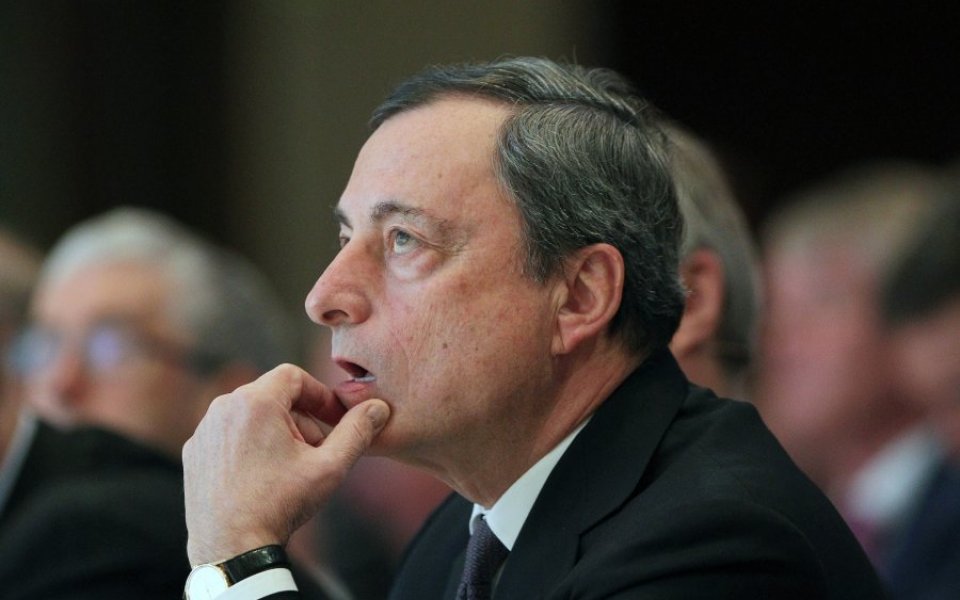European Central Bank minutes reveal strong split on decision to boost stimulus

European Central Bank (ECB) officials were divided on the decision to boost stimulus measures in their December meeting, details of the decision published today reveal.
The minutes of the meeting revealed some members of the governing council thought the recovery was well underway and that further easing would come with negative side effects. On the day, the ECB cut the interest it pays on deposits and extended its asset purchase programme by six months.
"Some members did not see sufficient evidence in support of a recalibration of monetary policy at the current meeting, as proposed by Mr [Peter] Praet, particularly when assessing the need for further accommodation on the basis of the incoming data, its potential effectiveness and its possible side effects," the minutes said.
"A material further extension of asset purchases at the present time appeared premature and could be reconsidered at a later stage, allowing for additional analysis and assessment still well ahead of the currently intended end of the programme in September 2016."
"While the benefits of non-standard monetary policy action were seen to be subject to decreasing returns, this was not true for its side effects, including the impact on incentives for appropriate fiscal, financial and structural reforms."
While some members were against further easing, some wanted to cut rates further. The deposit rate was cut from minus 0.2 per cent to minus 0.3 per cent, with some on the council pushing for a cut to minus 0.4 per cent.
The next ECB meeting is next week, where officials will be facing a very different set of circumstances.
Marchel Alexandrovich, an ecoomist at Jefferies, said:
Today’s ECB Minutes show just how dramatically market conditions had shifted in the past six weeks. While China was certainly part of the discussion on 3 December, the ECB’s take of the situation looks like a case of wishful thinking: 'Earlier concerns about developments in China in particular, following the stock market fall in August 2015, had not been borne out. Thus, a case could be made that the balance of risks had not deteriorated and had perhaps even become less negative.'
Combine this with the comments on 'favorable' market conditions and rising market inflation expectations, and it is clear that the ECB heads into next week’s meeting against a very different backdrop.